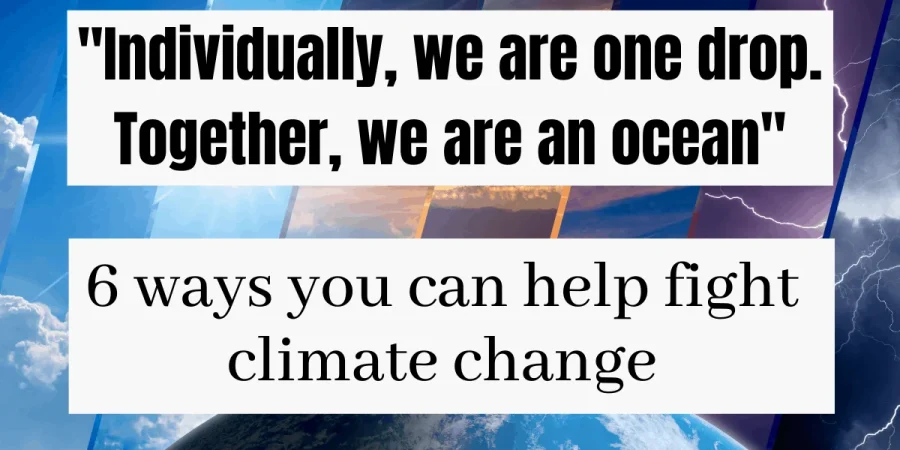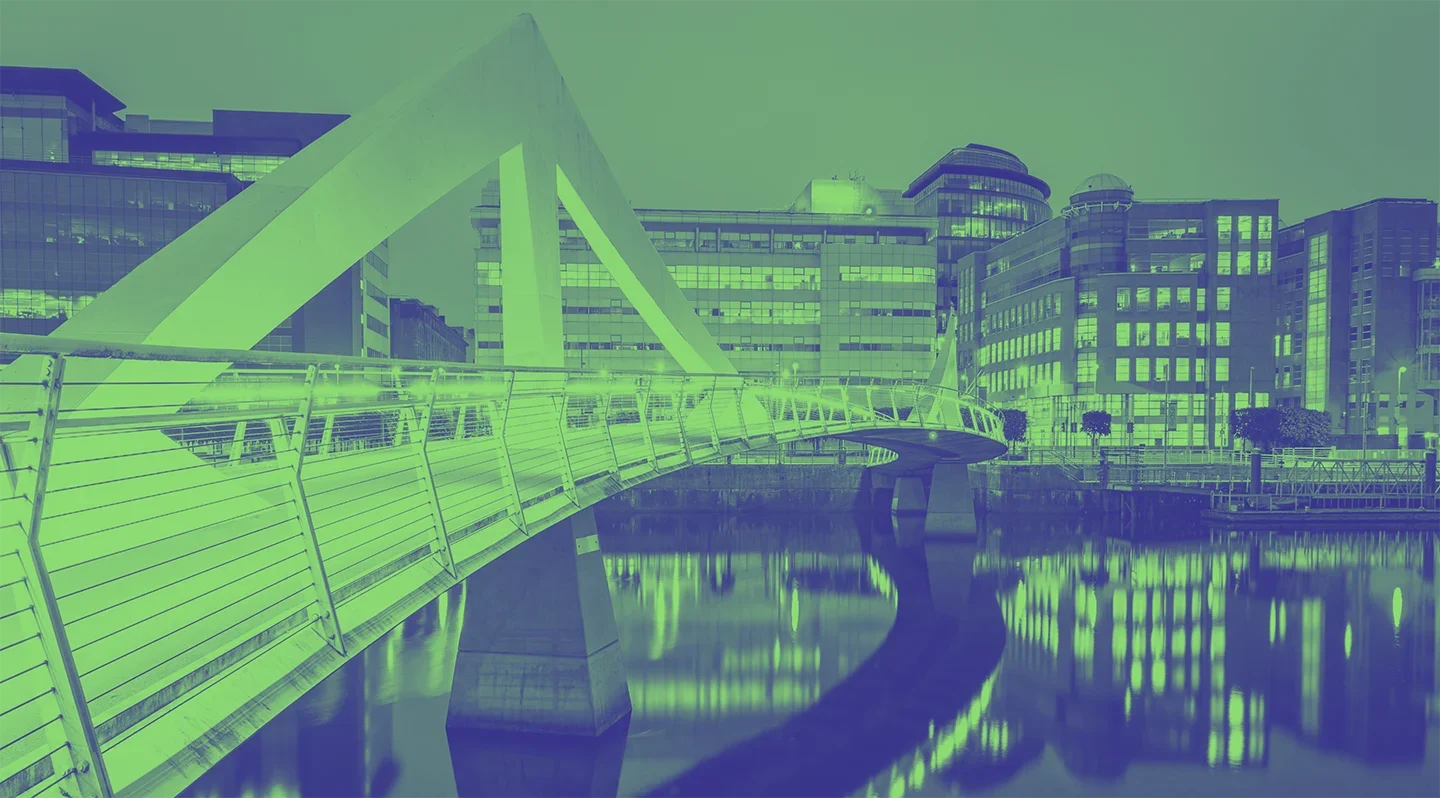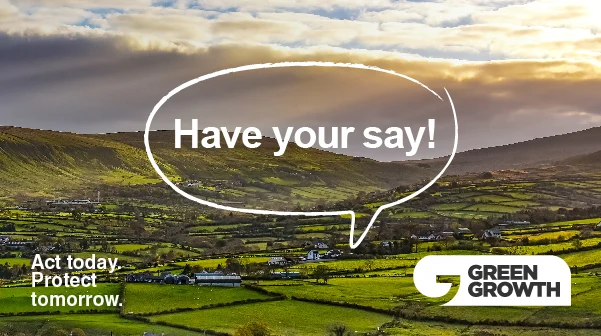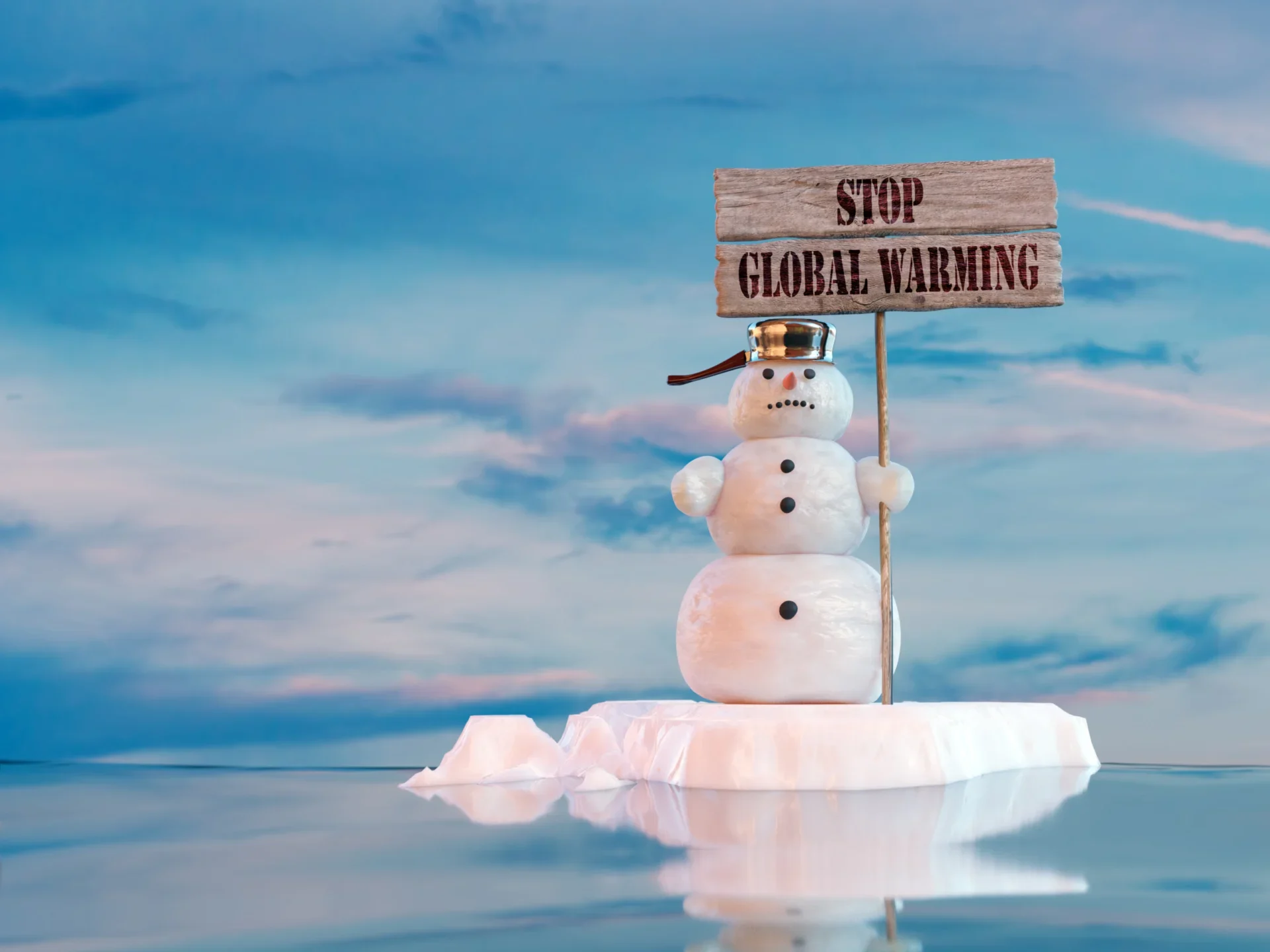What will climate change mean for you?
According to the Met Office, as the world warms, the UK is likely to have hotter, drier summers and warmer, wetter winters.
Now some of you might think this is a good thing, what’s not to like about warmer winters and less rain in the summer. But even the smallest change in climate can have significant effects on weather conditions, food production, natural ecosystems, biodiversity, flood defences, and much more!
Extreme weather events such as heatwaves and heavy downpours could become more frequent. Devastating flash flooding much more commonplace due to drier less absorbent ground in the summer and waterlogged ground in the winter.
Agriculture in the UK will be one of the first sectors impacted as wetter winters will hinder traditional crops developing healthy root systems and drier summers will affect growth.
Climate change in Northern Ireland
In a Northern Ireland context, UK climate change projections, published in 2018, predict that by 2070 (in a high emission scenario):
- winters could be up to 3.9 °C warmer and summers could be up to 4.9°C hotter
- 2070 winters could be 25 per cent wetter and summers 38 per cent drier
- by 2100 sea levels in Belfast could rise by up to 94cms
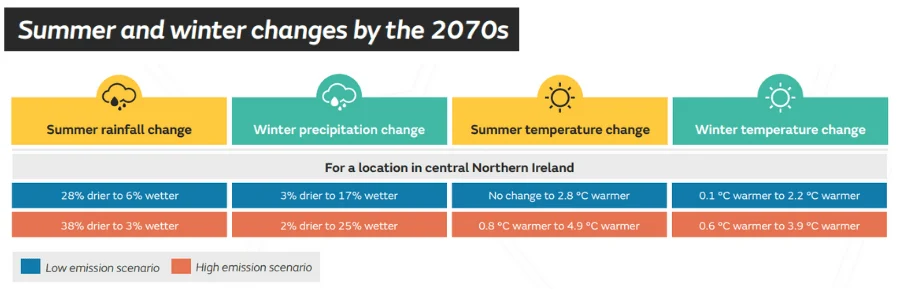
Even in a low emission scenario you can see that predictions could potentially result in significant changes to temperatures and levels of rainfall.
What can you do as an individual?
Addressing the global issue of climate change isn’t just the responsibility of governments, we can all play our part as individuals. As Ryunosuke Satoro, father of the Japanese short story said….. “Individually, we are one drop. Together, we are an ocean”
Consider making some or all of these small changes. Together, they can really add up:
Use energy wisely
- If you can, swap your boiler for a heat pump, which works by extracting heat from one location and transferring it to another
- Install a programmable thermostat
- Swap your gas cooker for an electric one, which will also lower indoor air pollution
- Unplug computers, TVs and other electronics when you’re not using them
- Wash clothes in cold water. Hang-dry your clothes when you can and use wool dryer balls when you can’t
- When changing appliances at the end of their lifespan go for energy-efficient ones
- Insulate your home to prevent heat from escaping
- Change to energy-efficient light bulbs
- Get a home or workplace energy audit to identify where you can make the most energy-saving gains
Switch to renewables
The global push for cleaner, healthier energy is on. With costs dropping every day, renewable energy is the best choice for the environment and the economy.
Consider the installation of solar panels for hot water and electricity, or the use of small wind turbines systems.
Eat for a climate-stable planet
The decisions we make about food can have a profound effect on the environment. Here are four simple ways you can make your diet more climate-friendly.
- Buy organic and local whenever possible
- Don’t waste food
- Grow your own
Green your commute
The many ways to reduce your transportation emissions will also make you healthier, happier and save you a few bucks. Whenever and wherever you can:
- Use public transit
- Ride a bike or advocate for bike lanes in your community
- Car-share
- If you have a large, inefficient vehicle, retire it and switch to an electric or hybrid vehicle
- Try to fly less and holiday closer to home
Consume less, waste less, enjoy life more
Focusing on life’s simple pleasures — spending time in nature, being with loved ones, making a difference to others — provides more purpose, belonging and happiness than buying and consuming. Make the switch to a more environmentally-conscious lifestyle and follow the principles of a circular economy. When we consume less, we produce fewer emissions and are gentler on the earth. Sharing, making, fixing, upcycling, repurposing and composting are all good places to start.
Fire up your commitment to the people and places you love by acting every day on the understanding that we are one with nature.
Start a climate conversation
Solving climate change requires us all to work together. We can’t do that without finding common ground with those who may not share our perspective.
Northern Ireland is traditionally one of the most climate sceptic regions of the UK. Since people often trust peers, family members and loved ones more than they trust experts, scientists and environmental organisations, you can talk to people about climate change in ways that cultivate empathy, decrease divisiveness, and take into account political, cultural and traditional ways of doing things.
More useful links
Met Office UK Climate Projections (UKCP) – The UKCP provides the most up-to-date assessment of how the UK climate may change in the future.
United Nations Framework Convention on Climate Change – supporting the global response to the threat of climate change.
Climate Northern Ireland – learn more about climate change impacts and risks within Northern Ireland.
Make the change today!
Why not start your journey towards a greener lifestyle by taking a pledge to reduce your carbon footprint.
